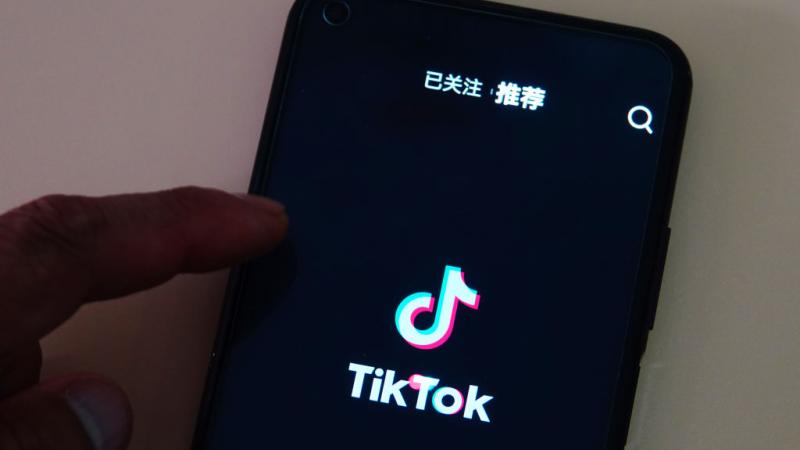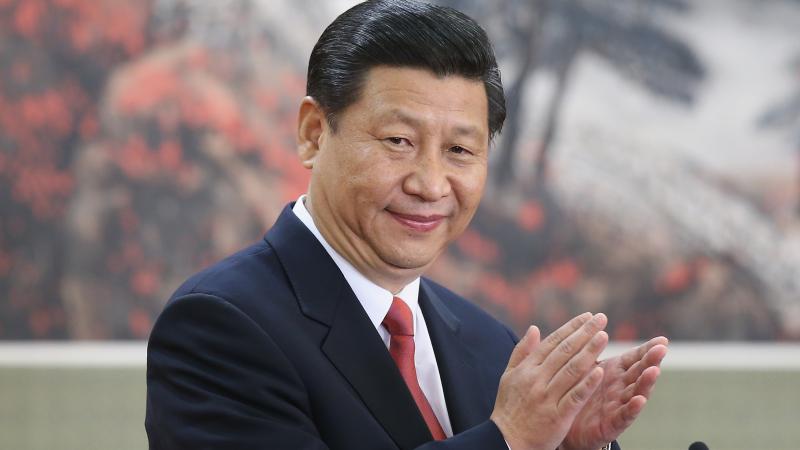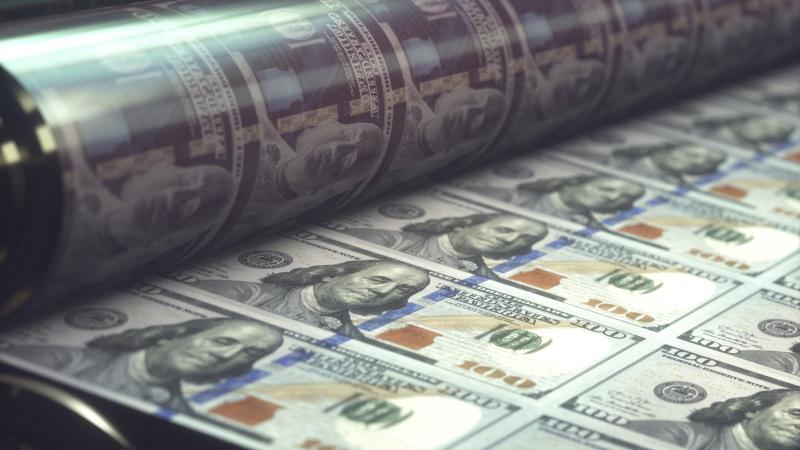In battle for AI dominance, Chinese corporate espionage creates an uneven playing field
A Sputnik moment or not, Chinese economic espionage could undermine U.S. competitive advantage.
New charges in an alleged artificial intelligence trade secret theft by a Chinese national is a warning about how Chinese economic espionage unfairly tips the scales in the battle for technological dominance.
The new Chinese AI platform DeepSeek shook Silicon Valley last month when it claimed engineers had developed artificial intelligence capabilities comparable to U.S. firms at lower cost and with less advanced chips.
AI investors and creators labeled the announcement as a “Sputnik moment” for American technology—referring to the Soviet Union’s successful satellite launch in 1957 that lit a fire under the American space program—despite the possibility that the China-based firm is inaccurately reporting its investment or the technology it possess.
Nevertheless, President Donald Trump called the release of DeepSeek “a wake-up call for our industries that we need to be laser-focused on competing to win.” Yet, the president says he still believes in the United States’ ability to outcompete China and remain first in the field.
“We always have the ideas. We’re always first. So I would say that’s a positive that could be very much a positive development. So instead of spending billions and billions, you’ll spend less, and you’ll come up with, hopefully, the same solution,” Trump said to reporters aboard Air Force One last month.
But, competition with Chinese companies rarely take place on a level playing field.
In fact, earlier this week the Justice Department, in a superseding indictment, charged a Chinese national with economic espionage for an alleged plan to steal trade secrets from Google related to AI development, highlighting the American industry’s ongoing vulnerability to Chinese efforts to appropriate American research advancements for themselves.
Google engineer charged with AI secrets theft
The Chinese national, Linwei “Leon” Ding was hired by Google in 2019 as a software engineer. While working for the American technology company, Ding involved himself secretly with two China-based technology companies and later founded his own technology company in 2023 focused on AI and machine learning technology.
During this time, from May 2022 to May 2023, the DOJ alleges Ding transferred 1,000 files from the Google network to his own personal Google Cloud account that contained the company trade secrets detailed in the indictment.
The superseding indictment filed on Tuesday followed the original indictment, which was filed against Ding in March of last year.
According to that indictment, the trade secrets Ding allegedly stole relate to the building blocks of Google’s "advanced supercomputing data centers,” which are integral components for training and hosting large AI models.
"Large AI models and the AI applications they supported could make predictions, find patterns, classify data, understand nuanced language, and generate intelligent responses to prompts, tasks, or queries,” the indictment reads.
In other words, the trade secrets Ding allegedly stole from Google could help a China-based company produce a similar model, much like DeepSeek AI, whose model has been compared to other American platforms like OpenAI.
There is no reported connection between Ding’s alleged theft from Google and DeepSeek’s advancements, but suggestions its new models could be based on technology appropriated from American industry leaders swirled after the company’s announcement.
Indeed, OpenAI raised concerns that the Chinese company appropriated OpenAI’s API to integrate into its own systems. OpenAI told the Financial Times it had evidence that DeepSeek may have used distillation—a developer technique that trains a new model to “mimic” a more advanced one—to train its new AI program off of OpenAI’s models.
DeepSeek’s AI model is just the latest Chinese application that has raised national security and data privacy concerns. Much like the social media platform TikTok, some lawmakers are concerned by DeepSeek’s immediate popularity in America and warned that it could present another avenue for China to collect massive amounts of data on U.S. citizens.
China’s economic espionage
Both the FBI and independent experts have consistently warned about America’s vulnerability to corporate espionage from companies and individuals connected to the People’s Republic of China that may undermine the United States’ comparative advantages.
“The United States is locked in a long-term competition with the Chinese Communist Party (CCP). Even though that competition need not turn to conflict, it will almost certainly continue to see a network of operatives linked to the CCP wage a systematic cyber espionage campaign designed to gain an intelligence advantage and steal intellectual property,” Benjamin Jensen, Senior Fellow at the Center for Strategic and International Studies testified to a House Judiciary Subcommittee about AI in 2023.
“Put simply, China is trying to cheat its way to the top of key industries in the 21st century. Their quest to achieve dominance in artificial intelligence and machine learning (AI/ML) is unlikely to be any different,” he said.
Former FBI Director Christopher Wray concluded, “The greatest long-term threat to our nation’s information and intellectual property, and to our economic vitality, is the counterintelligence and economic espionage threat from China.”
According to FBI data, 80 percent of its economic espionage prosecutions involved conduct that would benefit China and there is some connection to to China in about 60 percent cases of trade secret theft.
U.S. attempts to throttle China tech
The United States under both the first Trump and Biden administrations has attempted to curtail both China’s economic espionage activities and ability to compete by restricting access to the most advanced U.S.-designed semiconductors.
The Trump administration implemented the China Initiative in 2018 at the Justice Department, which was designed to address the national security concerns around China’s economic espionage and intellectual property theft.
After assuming control, the Biden Administration reversed the initiative over concerns of looking like China and Chinese people were specially targeted. However, the department insisted that while the program was going away, it would not halt its fight against national security threats from China, but would instead do it through regular channels.
The Biden administration also implemented sweeping export controls on China designed to exploit U.S. dominance at certain chokepoints in the AI supply chain to restrict its access to advanced semiconductors. Shortly before leaving office, President Biden proposed further export controls specifically targeted at slowing China’s AI development and that would aim to close some of the loopholes left open by previous actions.
Congress have moved to revoke Permanent Normal Trade Relations with China over its unfair trade practices, including corporate espionage. PNTR is a legal designation used by the United States to classify those countries that are subject to preferential tariff treatment.
After taking office, President Trump also signed an executive order directing the Secretary of Commerce and the Trade Representative to assess any legislative proposals to revoke the status.
The Facts Inside Our Reporter's Notebook
Links
- Sputnik moment
- said to reporters
- hired by Google in 2019
- that indictment
- OpenAIâs API
- may have used distillation
- mimic
- just the latest Chinese application
- testified to a House Judiciary Subcommittee about AI
- FBI Director Christopher Wray concluded
- 80 percent
- 60 percent
- reversed the initiative
- sweeping export controls on China
- moved to revoke
- signed an executive order















